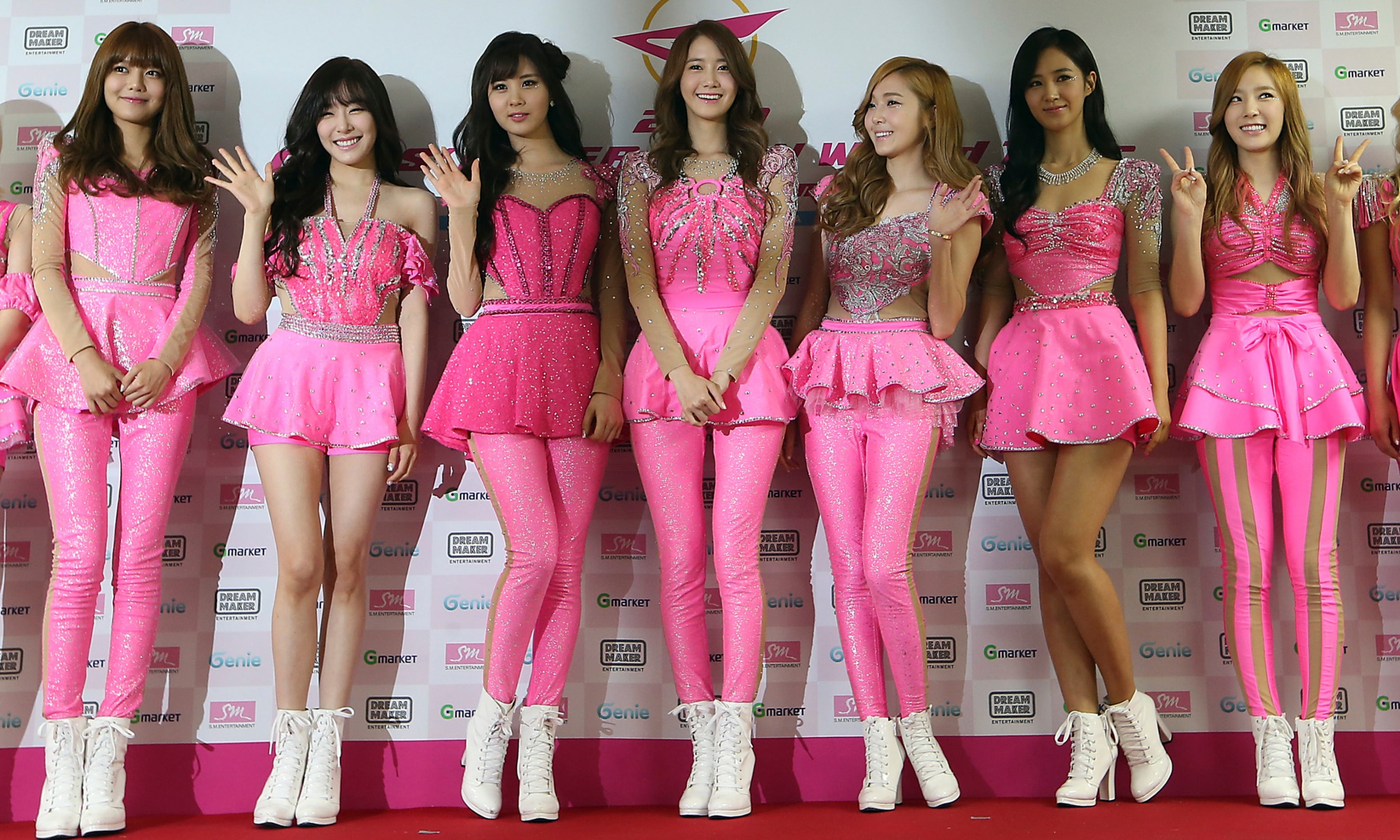North Korean Pop Music Industry: North Korean Kpop

North korean kpop – North Korea’s pop music industry, often referred to as “K-pop,” is a unique and tightly controlled aspect of the country’s cultural landscape. Unlike the vibrant and globalized K-pop industry of South Korea, North Korea’s pop music is primarily focused on promoting the regime’s ideology and glorifying the leadership.
Amidst the vibrant tapestry of North Korean pop music, the enigmatic figure of Ryan Clark emerges as an unexpected thread. His enigmatic persona and haunting melodies have captivated audiences, bridging the cultural divide between East and West. As the spotlight shines on North Korean kpop, the influence of Ryan Clark’s ethereal sound reverberates, leaving an enduring mark on this captivating musical landscape.
The development of North Korean pop music can be traced back to the 1950s, when the country began to adopt elements of Western popular music into its own cultural repertoire. However, it was not until the 1970s, under the leadership of Kim Il-sung, that pop music emerged as a significant force in North Korean society.
Characteristics and Influences
North Korean pop music is characterized by its highly patriotic and ideological lyrics, which often extol the virtues of the country’s leadership and the socialist system. The music itself is typically upbeat and dance-oriented, with a strong emphasis on traditional Korean melodies and rhythms. However, it also incorporates elements of Western pop music, such as synthesizers and electric guitars.
The world of North Korean K-pop is shrouded in mystery and intrigue, much like the secretive state itself. Yet, despite the iron curtain that separates the country from the rest of the world, North Korean artists have managed to captivate audiences with their unique blend of propaganda and pop culture.
And while the ssi ssdi va stimulus check may seem like an unlikely topic to discuss in the context of North Korean K-pop, it serves as a reminder that even in the most isolated of societies, the human desire for connection and expression remains unyielding.
Popular North Korean Pop Groups and Artists

North Korea’s pop music scene, though nascent, has produced several popular groups and artists who have captivated audiences both within the country and abroad. These groups and artists have played a significant role in shaping the country’s music landscape and promoting its cultural identity.
Their musical styles range from traditional Korean folk to contemporary pop and hip-hop, showcasing the diversity and dynamism of North Korean music. Their performances often feature elaborate choreography, colorful costumes, and patriotic themes, reflecting the country’s unique blend of cultural traditions and political ideology.
Moranbong Band, North korean kpop
- Formation: 2012
- Members: Seven female singers and musicians
- Musical Style: Modern pop, traditional Korean folk, Western classical
- Notable Achievements: Known for their energetic performances and patriotic songs, the Moranbong Band has become a symbol of North Korean pop culture.
Pochonbo Electronic Ensemble
- Formation: 1985
- Members: 100-member orchestra
- Musical Style: Electronic dance music, techno, pop
- Notable Achievements: The Pochonbo Electronic Ensemble has been instrumental in popularizing electronic music in North Korea and is known for its elaborate stage shows and innovative use of technology.
Ryukyung Moranbong Band
- Formation: 2013
- Members: Five male singers
- Musical Style: Pop, rock, hip-hop
- Notable Achievements: The Ryukyung Moranbong Band has gained popularity for their energetic performances and catchy songs that often incorporate traditional Korean elements.
Kim Kwang-suk
- Birth: 1978
- Musical Style: Pop, folk, trot
- Notable Achievements: Kim Kwang-suk is one of North Korea’s most popular singers, known for her powerful vocals and heartfelt ballads.
Hyon Song-wol
- Birth: 1979
- Musical Style: Pop, classical, folk
- Notable Achievements: Hyon Song-wol is a multi-talented artist who has achieved success as a singer, actress, and director.
Cultural and Political Context of North Korean Pop Music

North Korean pop music, often known as K-pop, exists within a unique cultural and political context that significantly influences its production, distribution, and reception. This context is characterized by strict government control, censorship, and the use of music as a tool for propaganda.
Government Censorship and Propaganda
The North Korean government maintains tight control over all forms of media, including music. The Ministry of Culture and the Central Committee of the Workers’ Party of Korea regulate the content of all pop songs, ensuring that they align with the government’s ideological and political agenda. Lyrics are carefully scrutinized for any subversive or anti-government messages, and songs that do not meet the government’s standards are banned.
The government also uses pop music as a tool for propaganda, promoting its own policies and ideologies. Songs often glorify the country’s leaders, celebrate the military, and promote the virtues of loyalty and patriotism. This propaganda is intended to shape public opinion and maintain the government’s control over the population.
Reflection of Social and Political Landscape
Despite the strict government control, North Korean pop music also reflects the social and political realities of the country. Songs often explore themes of love, loss, and the challenges of daily life in North Korea. While these themes are often presented in a positive or optimistic light, they nonetheless provide a glimpse into the lives of ordinary North Koreans and their hopes and aspirations.
In addition, the popularity of K-pop among North Koreans suggests a growing desire for cultural exchange and exposure to outside influences. This is particularly evident in the popularity of South Korean pop music, which is often smuggled into North Korea and listened to in secret.